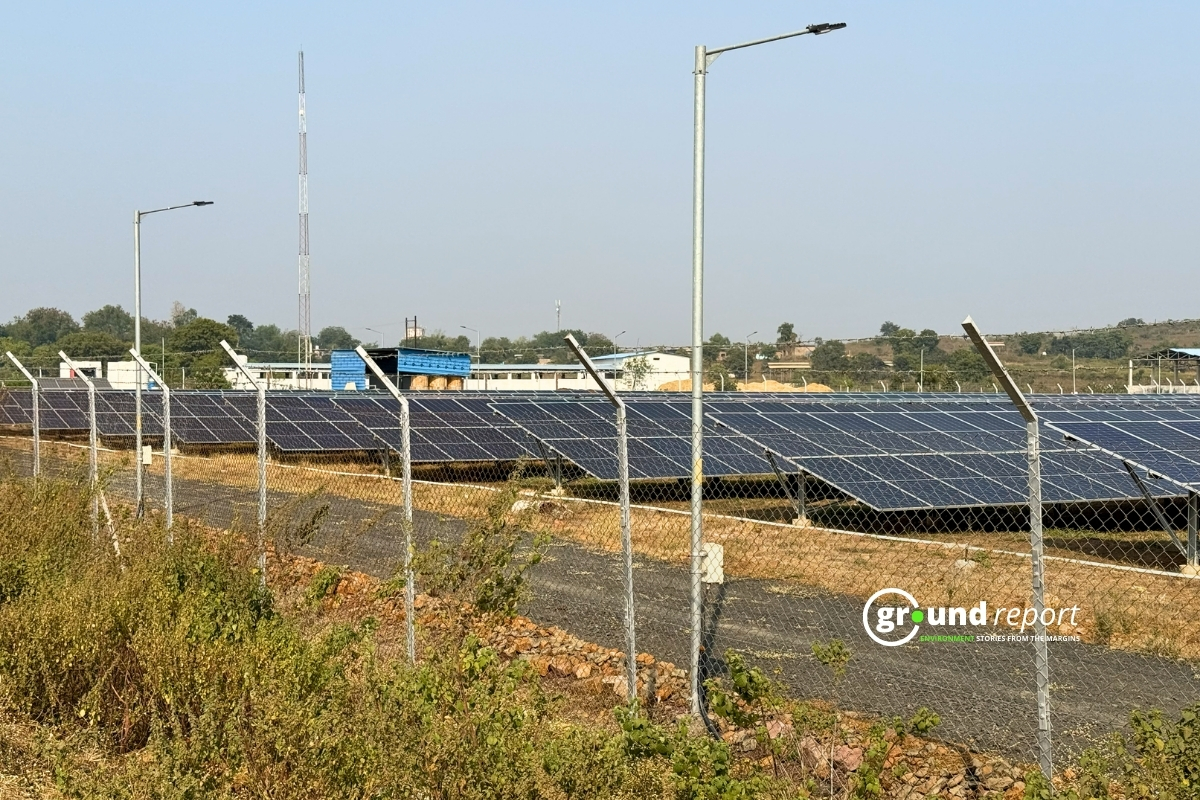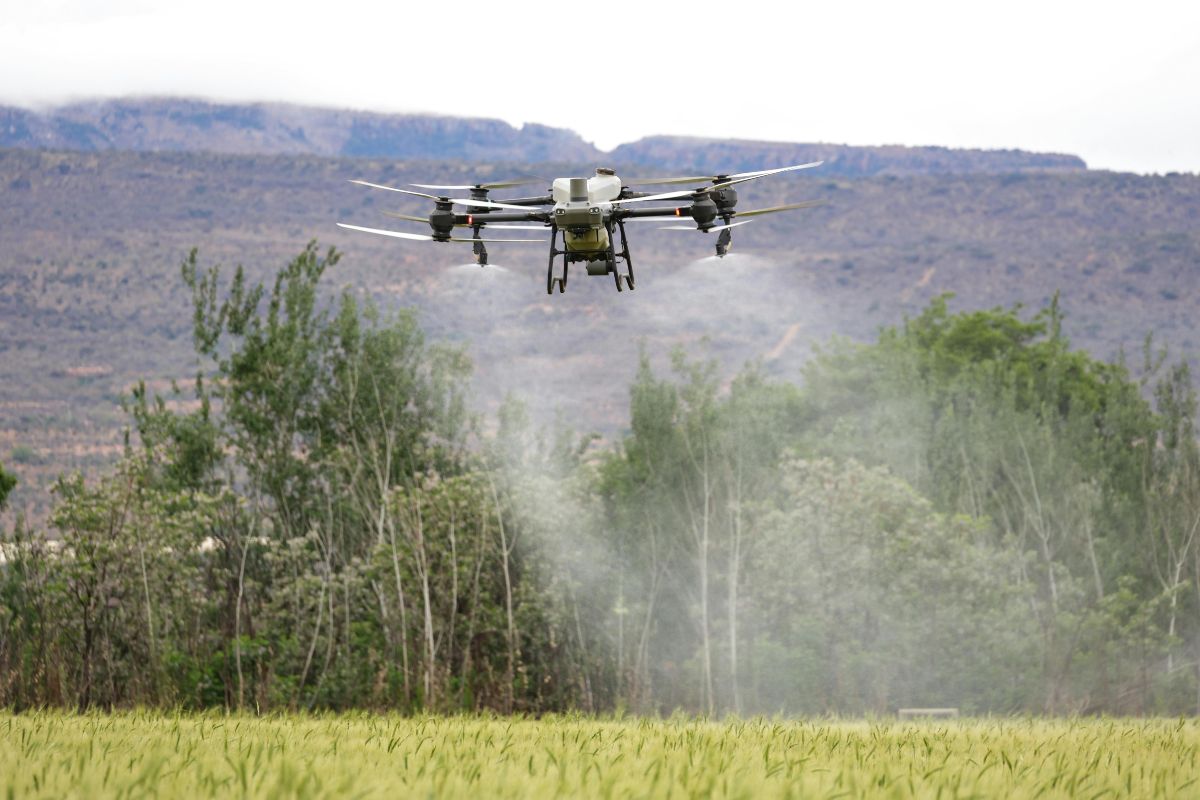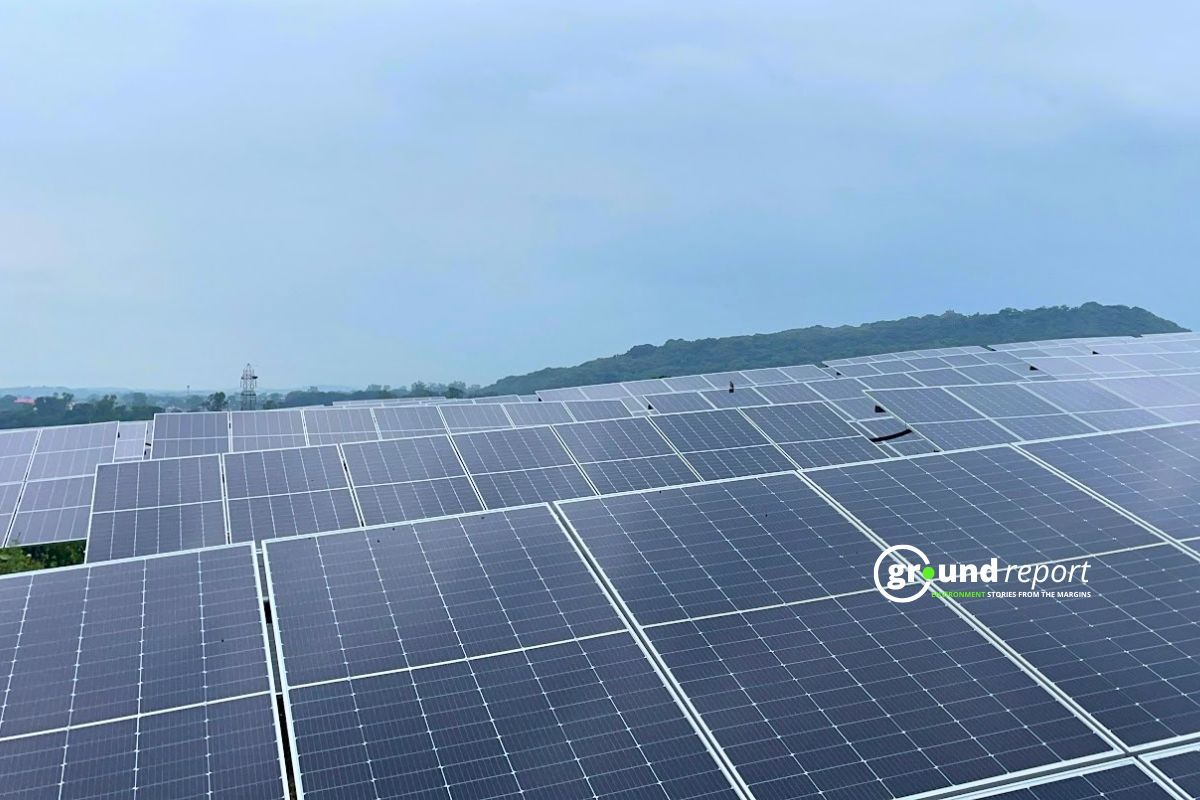Today, air pollution is a matter of great concern for the whole world. Which is affecting health in different ways at different stages of age, which also threatens the unborn child. Some recent studies have shown that exposure to air pollution. During pregnancy adversely affects the health of the newborn.
Air pollution during pregnancy can harm newborns by affecting the proteins in their bodies, according to a study. This pollution exposure can disrupt processes like “autophagy,” which keeps cells healthy and provides energy. Healthy newborns may react differently to air pollution, and some children may be more sensitive, even if born in areas with low pollution.
Previous research has also linked air pollution during pregnancy to lung and immune system problems in newborns. This study examined how air pollution affects proteins related to cell processes. Nitrogen dioxide and particulate matter in pollution were associated with changes in these proteins.
Air pollutants during pregnancy
A recent study by UPV/EHU showed that the unborn baby is most affected by air pollution. In the early and late months of pregnancy, he is most vulnerable to air pollution.
The studies show the detrimental effects of exposure to air pollution during pregnancy. On the health of the baby both during growth in the womb and after birth. Now a new work published in the journal Environmental Research adds to evidence of the risks involved.
The researchers discovered the points in pregnancy where exposure to air pollution can be most damaging. As indicated in their article, these are the first and last months of pregnancy. (Air pollutants during pregnancy)
This is not the first time that the impact of increasing air pollution on babies has been clarified. Earlier, according to research published in the journal Nature Sustainability. The risk of a miscarriage of pregnant women increased by 50 per cent due to exposure to air pollutants.
They reach the baby through the placenta. Whether other components associated with these particles are released after entering the body, is yet to be understood. Further research is needed to understand whether exposure to these pollutants during pregnancy affects not only thyroid hormones But also other aspects such as mental and physical development, obesity, etc.
Previous studies linked contamination with thyroid problems
Recent studies have linked air pollution to problems with the thyroid. A gland that produces hormones involved in regulating the metabolism and growth of the fetus. The main one is thyroxine (T4), followed by thyroid-stimulating hormone (TSH).
48 hours after birth, doctors give newborn babies a heel prick test to measure the levels of both hormones in their blood. In this way, they can anticipate or diagnose thyroid problems and their long-term implications.
Air pollution poses a severe threat to newborns in India and worldwide. Studies published in journals like PLoS Medicine and Nature Sustainability reveal alarming statistics. Globally, approximately 5.9 million newborns are born prematurely due to air pollution annually, with around 2.8 million babies having low birth weights.
Exposure to air pollutants increases the risk of miscarriages by 50%, and it can impact early brain development. In India, more than 200,000 unborn babies are estimated to be killed by increasing air pollution every year. Over 99% of the global population breathes polluted air daily, and India is no exception, with 1.3 billion people exposed to air pollution levels exceeding WHO guidelines. Clean air is a constitutional right in India, but achieving it requires increased awareness and stronger efforts to combat pollution.
Exposure to air pollution during pregnancy and effects on growth
Given its important role in development, if the levels are out of balance, the baby may be at risk of developing serious diseases. This prompted the researchers to take a closer look at the relationship between air pollution during pregnancy and the level of T4 in the newborn.
To do this, they focused on pollution derived from nitrogen dioxide (NO2) and fine particles less than 2.5 microns in diameter (PM 2.5); These are two of the main air pollutants.
The study included 463 mother-child pairs with data on exposure to PM2.5 and NO2 during pregnancy and TT4 levels at birth. As the development of the fetus varies dramatically from week to week, the researchers maintained weekly monitoring to collect as much data as possible. In this way, they were able to detect the most sensitive weeks of pregnancy to exposure to contaminated air and potential effects on development.
The months of pregnancy with the greatest vulnerability to air pollution
The results showed a direct relationship between exposure to fine particle air pollution during pregnancy and the level of thyroxine, the growth hormone, in newborns. However, there was no clear link to NO2 exposure.
“What we have seen in this work is that exposure during the first months of pregnancy has a direct influence on the balance of thyroid hormones,” concluded Amaia Irizar-Loibide, a researcher at the UPV Department of Preventive Medicine and Public Health / EHU. “These babies tend to have a lower level of thyroxine.”
As the pregnancy progresses, the risk associated with maternal exposure is reduced to rebound again during the last months, although with a different effect. As the concentration of the fine particles increases, the levels of thyroid hormones increase.
“It is not clear what mechanism is behind all this,” said the author. “In any case, we have come to the conclusion that the most sensitive periods of pregnancy in terms of air pollution are the early and late months.” Now the researchers will try to determine what mechanisms underlie the opposite effects of these particles seen in early and late pregnancy.
Also, Read
- Sarbal Village: A hamlet in Kashmir waiting for development
- How to convert your old car into electric car in Delhi
- Farmers in MP face crop failure every year due to climate change
- Climate Change: Kishanganga Dam causes water concerns
Follow Ground Report for Climate Change and Under-Reported issues in India. Connect with us on Facebook, Twitter, Koo App, Instagram, Whatsapp and YouTube. Write us on GReport2018@gmail.com







